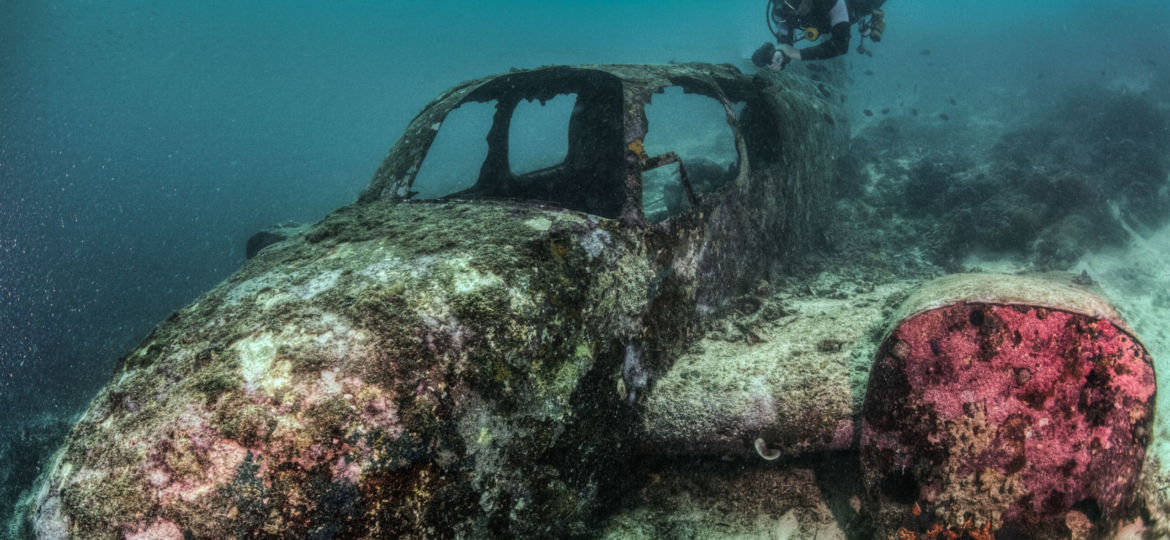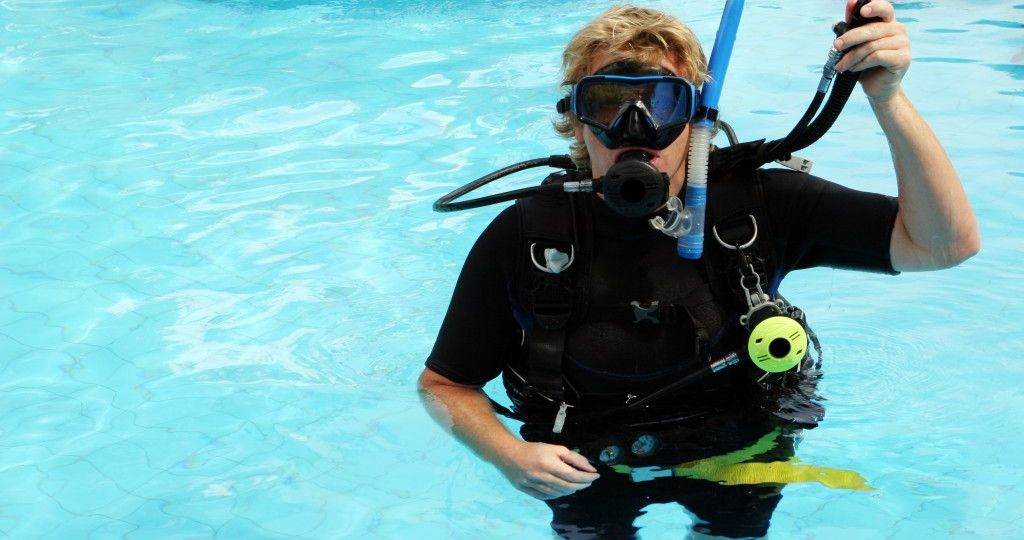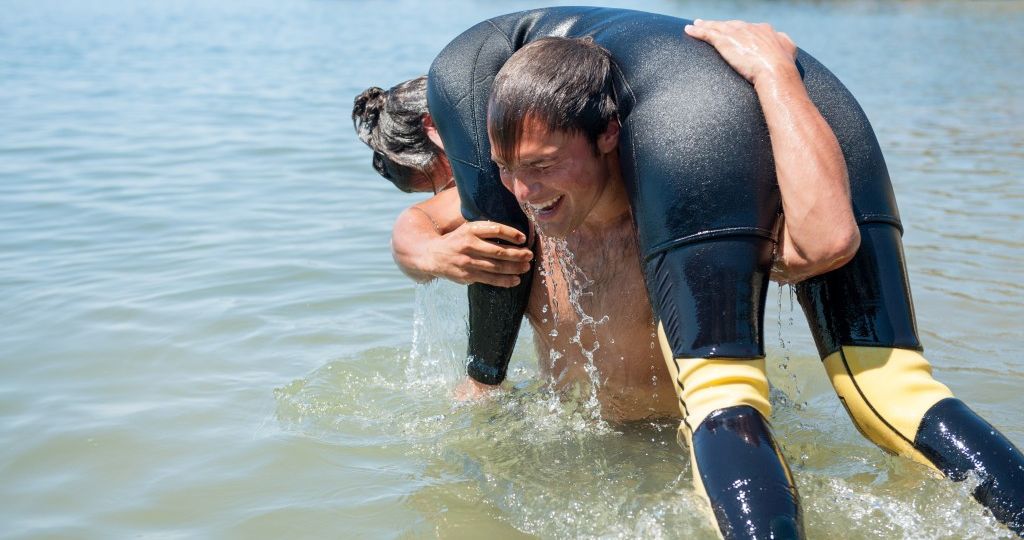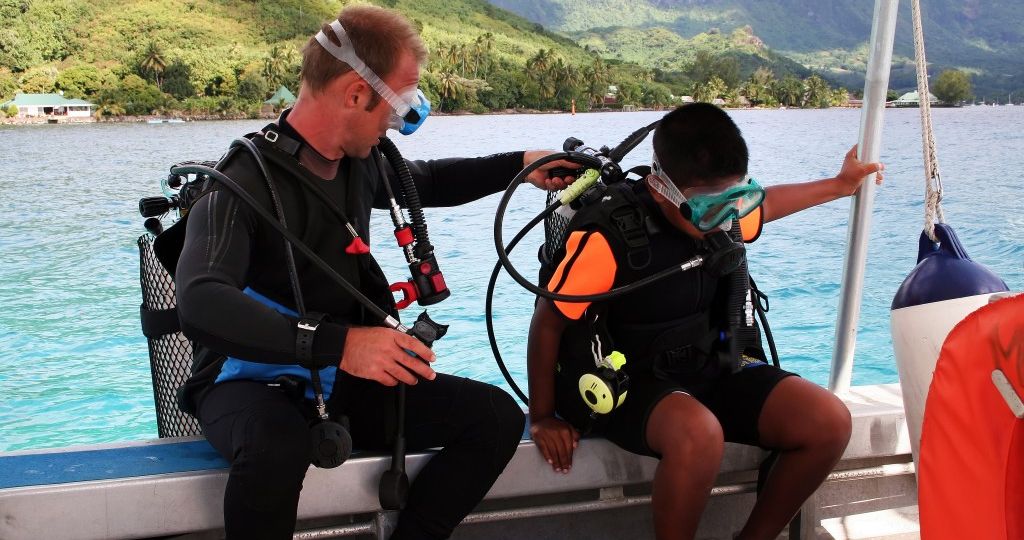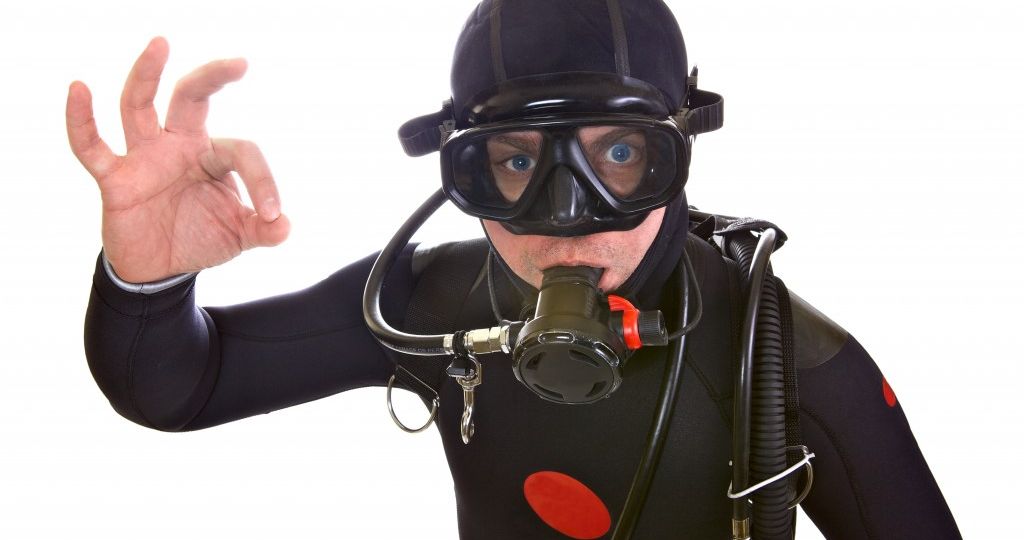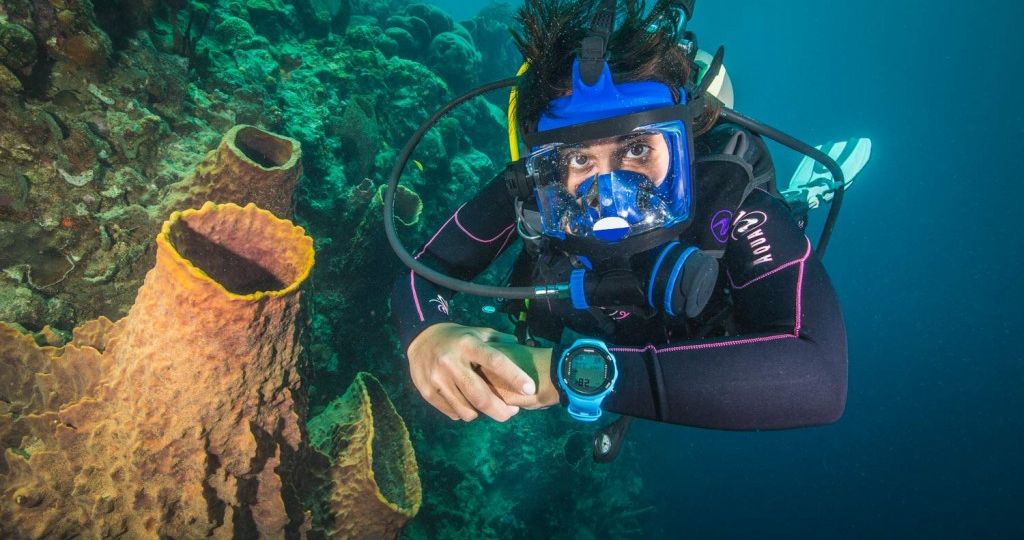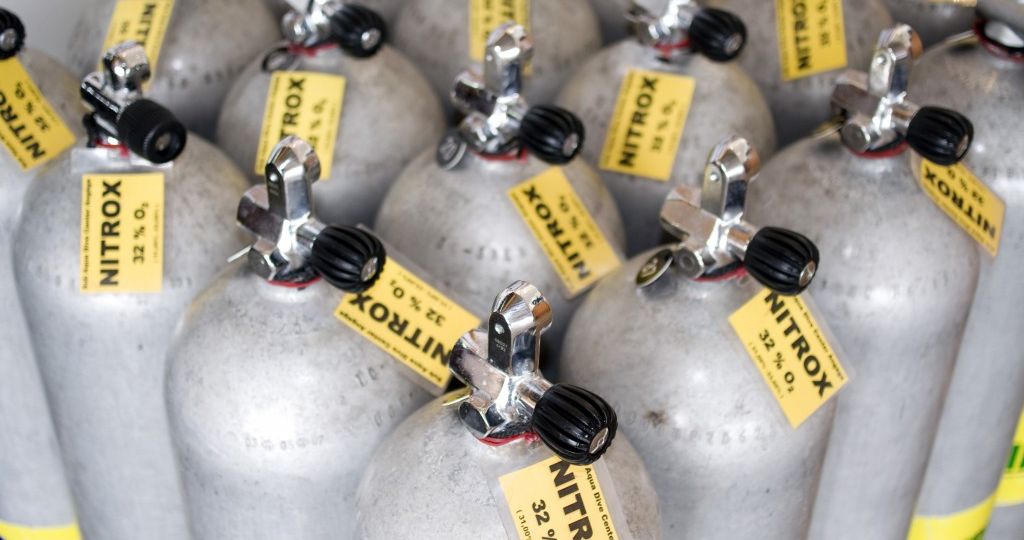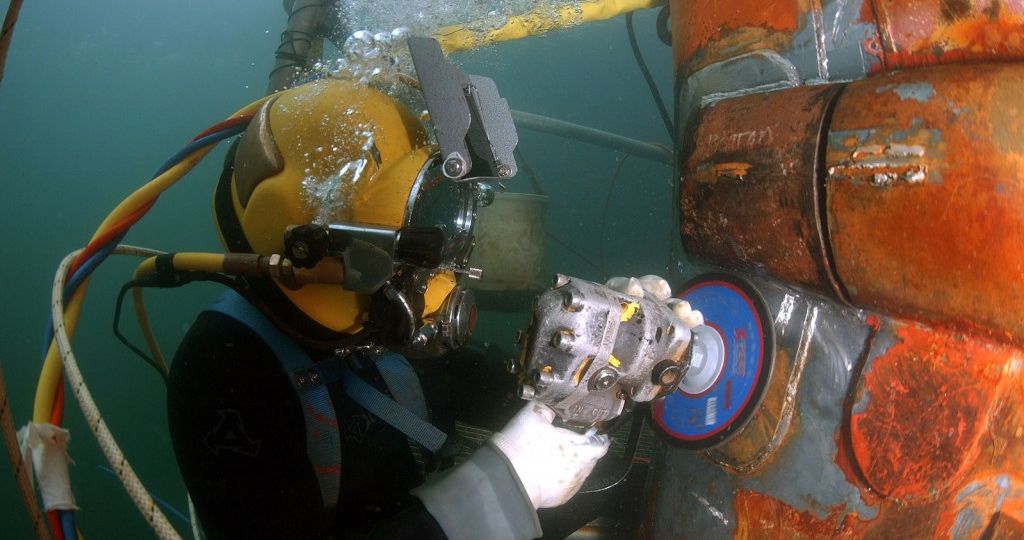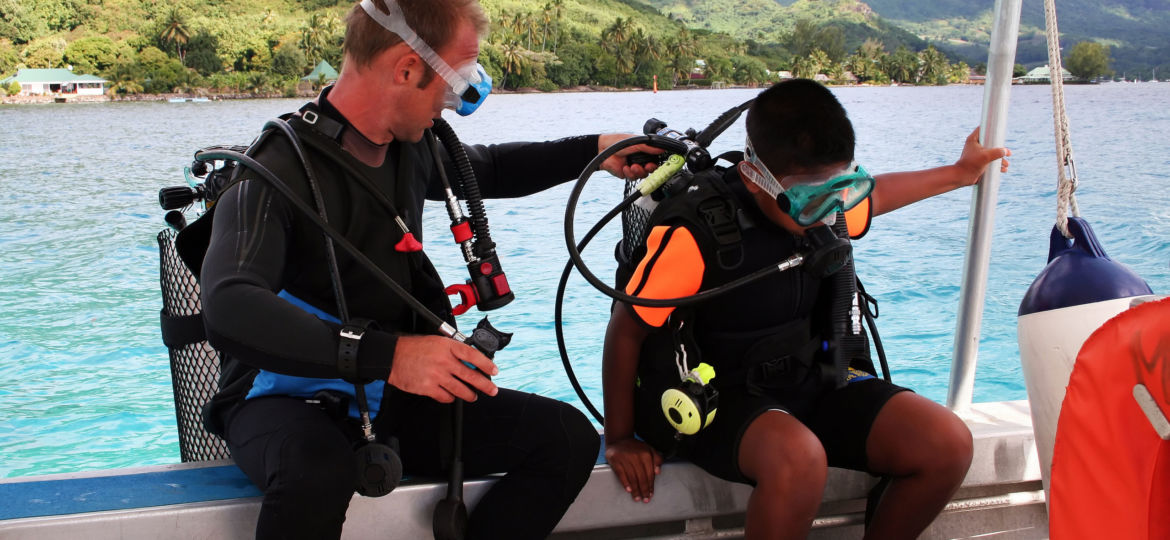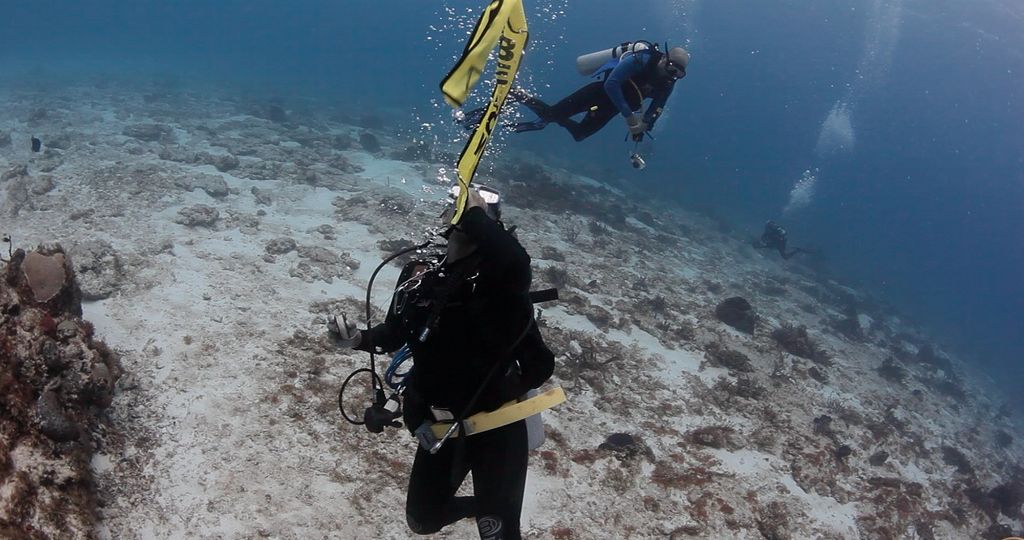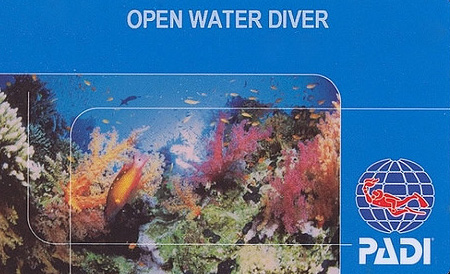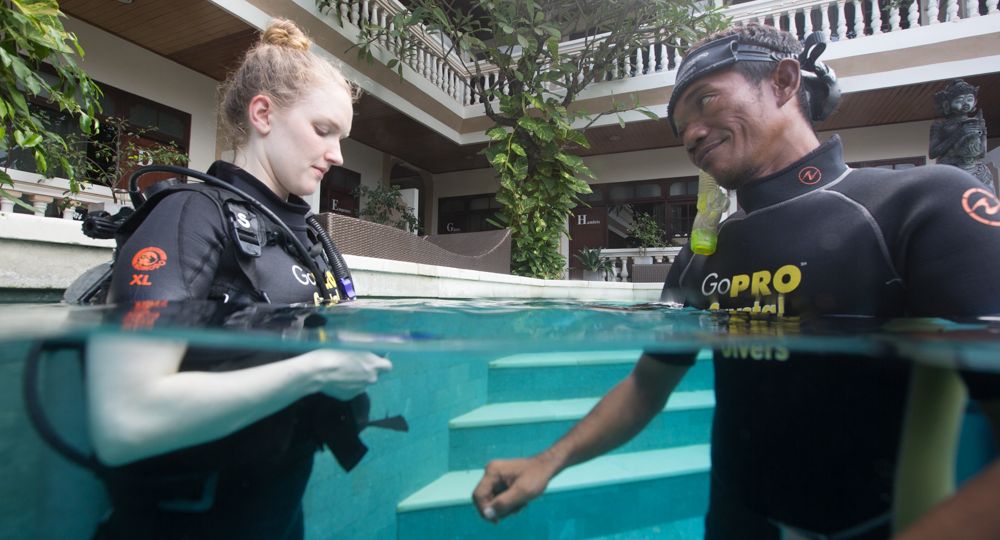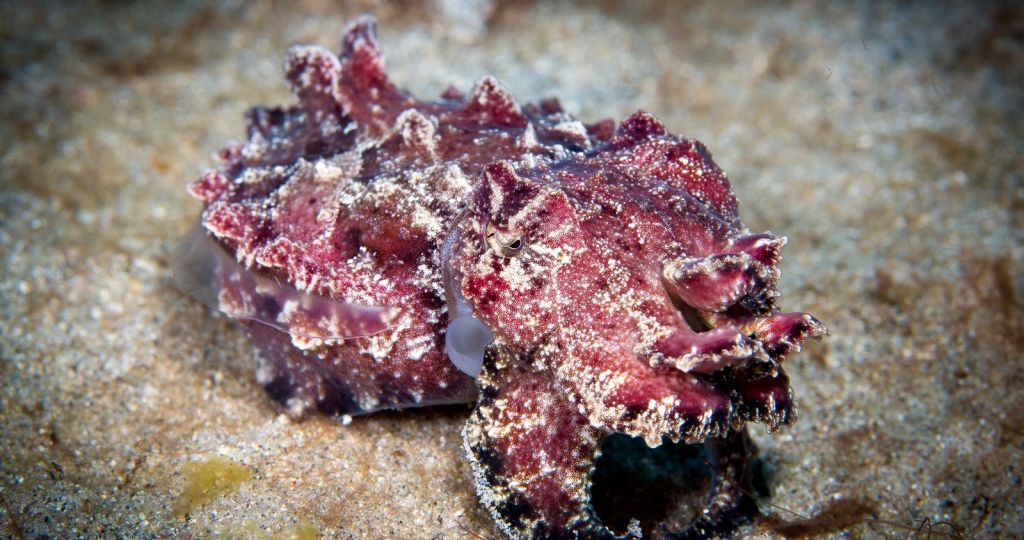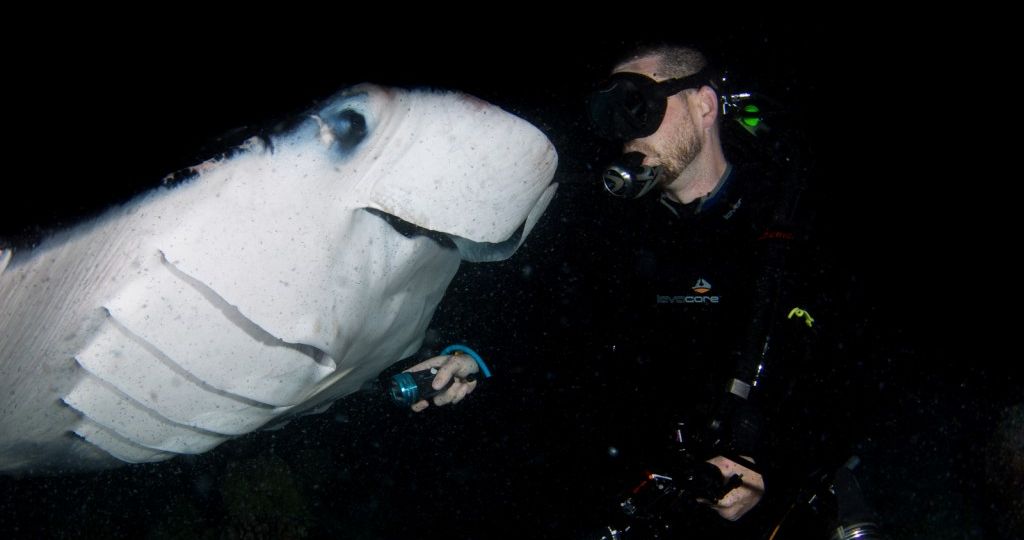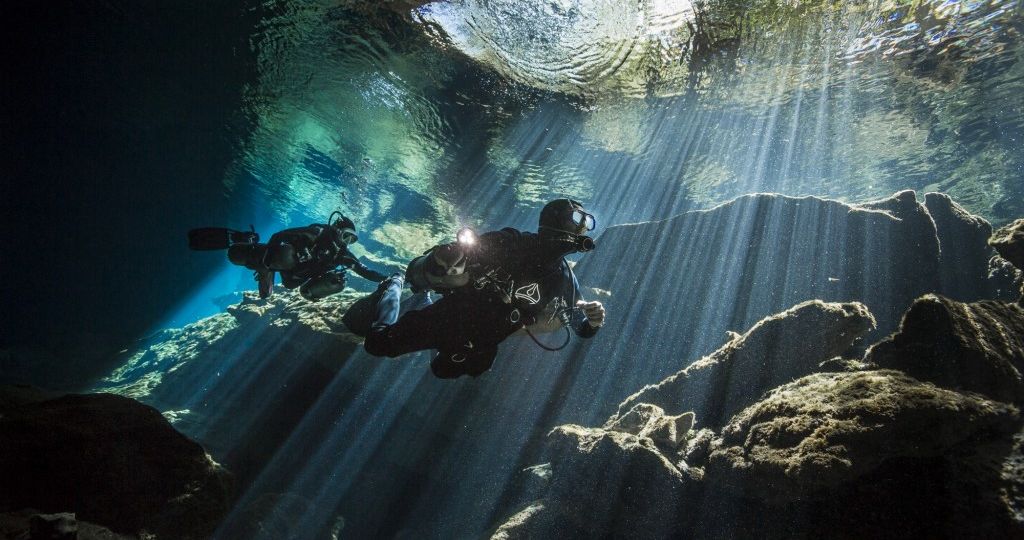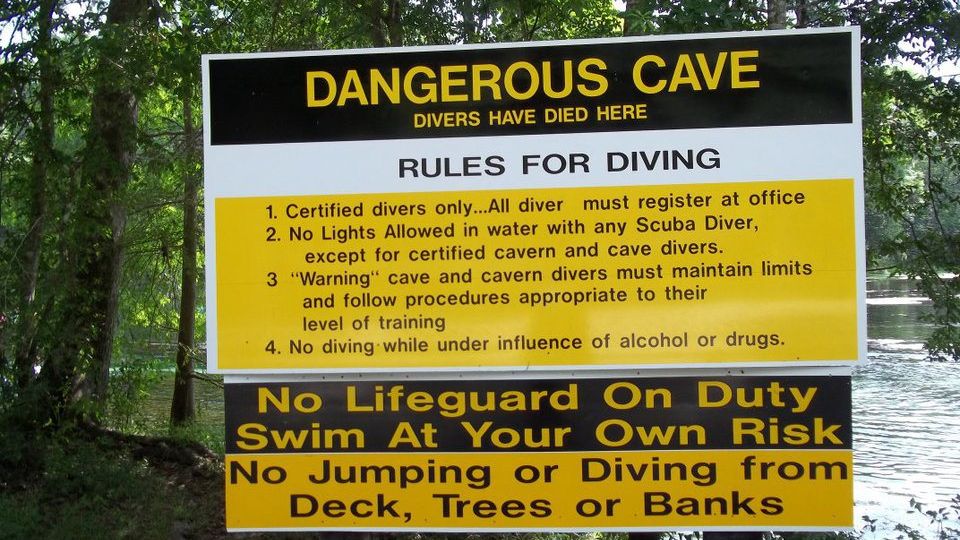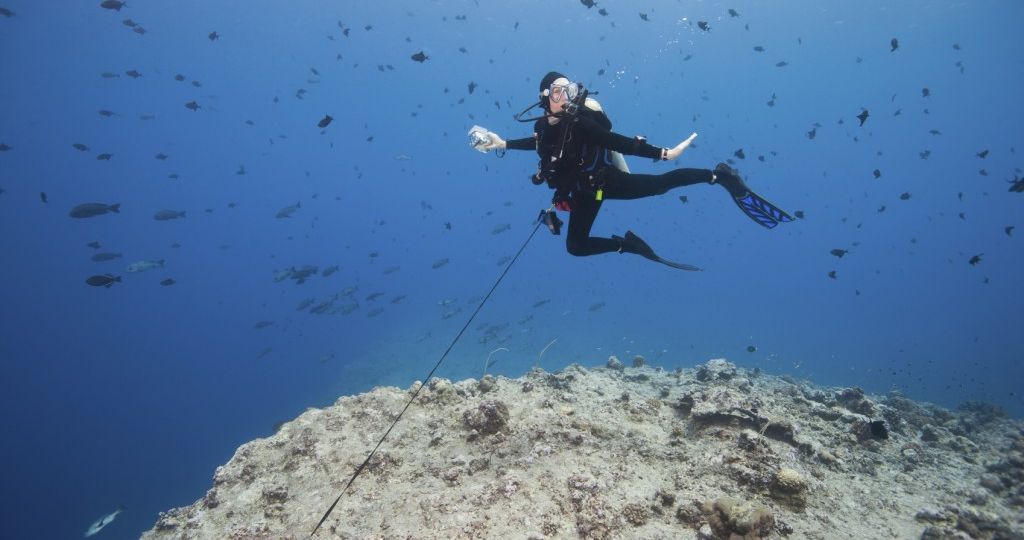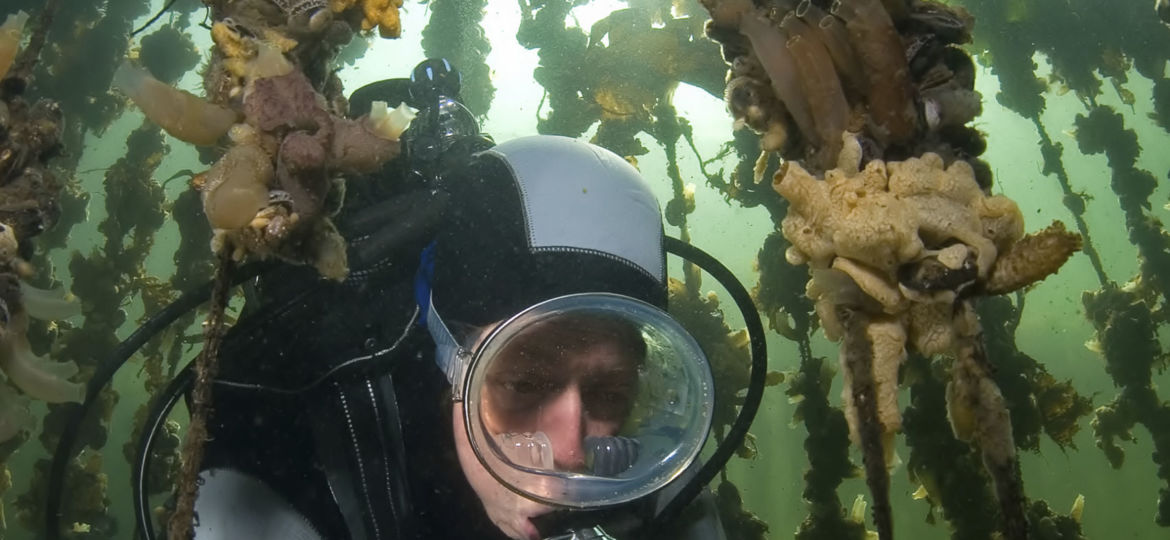Why diving and flying is a bad idea, and why diving in a mountain lake can differ so much from diving in the ocean
Training
We all know that there’s some risk involved in diving. For many of us, the challenge of preparing for and dealing with potential problems is part of the sport’s attraction.
Becoming a Rescue Diver not only teaches you how to prevent dive accidents and emergencies — and how to manage them should they arise — but it also consolidates your skills and experience from earlier courses, making you a more confident and accomplished diver.
Many scuba-diving parents want to share their passion with their kids, and diving is also a great activity to learn together if mom and dad aren’t certified yet.
Most scuba divers are taught certain habits and rituals in their entry-level courses, which they discard as small or insignificant details as soon as they graduate from students to qualified divers.
As divers who have perfected their buoyancy know, finally getting it right is a watershed moment that opens the door to true freedom underwater.
Although nitrox has been used for recreational diving for almost 25 years, it is still often misunderstood.
Commercial divers solve complex tasks, often in deep waters. But what exactly do they do?
The PADI Advanced Open Water course, for example, is designed to increase diver confidence and self-sufficiency by exposing the student to a range of new experiences.
Properly using these 10 items will make your dives safer and more enjoyable
Working as both an instructor and a dive guide, I often wonder whether a diver’s certification card truly reflects their…
While learning to dive is an experience made up mostly of highs, as with all experiences there can be some lows.
Often you’ll explore very small areas, as you spend less time swimming around and more time hovering, looking for small critters.
For many newly certified divers, the idea of plunging into the inky darkness of the ocean at night seems a little bit crazy.
Becoming a Technical Diving Instructor: Starting Out and Sidemounting
Speaking your mind and trusting your gut was appreciated and expected.
Some of the best dive sites in the world are also home to some of the ocean’s strongest currents, which is no coincidence — strong currents often bring good visibility and a surfeit of plankton, which in turn attracts fish and makes for thriving, productive reefs.


